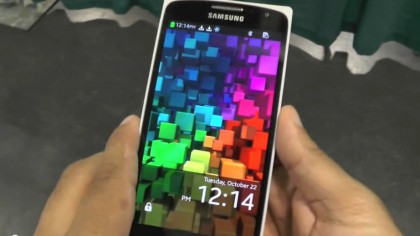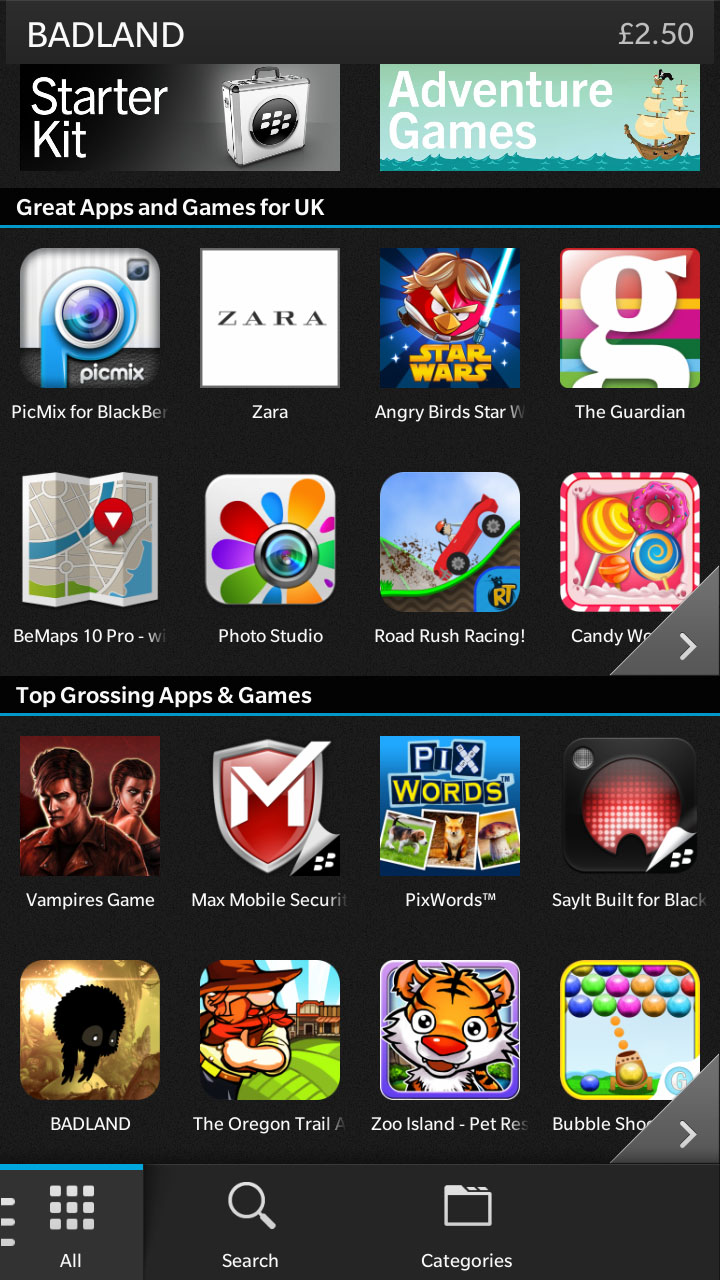Tizen: The operating system that could thwart Android?
We delve into the depths of Tizen
Since then, reports suggesting a Tizen-powered smartphone from Samsung surfacing before the end of that year (later commuted to 'September 2013') came and went with the operating system finally breaking cover on the Samsung NX300M, a digital camera.
Recent developments however have looked more promising - a mid-November report published by the Korea Herald covering a local think-tank on the future of smart TVs shed more light on the situation. Quoting the head of Samsung's visual display unit, a Tizen-powered TV will not launch until the OS makes its smartphone bow, now slated for 2014.

This, when coupled with a video of the platform being demoed on a developer unit called the Z9005 Redwood doing the rounds, at least suggests that Samsung and the rest of the interested parties haven't forgotten about Tizen.
As ever with this kind of caper, Samsung has remained tight-lipped, choosing to ignore tech journalists calling it out on its unfulfilled promises of launch dates and the continual shifting of goalposts. The resulting information vacuum has of course caused the rumour mill to go into overdrive with industry analysts and the like going to town on how Tizen will eventually manifest itself in hardware form.
The latest addition to the saga comes via the announcement of the Tizen 3.0 iteration at the Tizen Developer Summit in South Korea last month.
The new variant is said to include support for 64-bit chips, which given that next-gen smartphones such as the Samsung Galaxy S5 are tipped to rock such architecture, is significant and adds weight to rumours that the next Samsung flagship could appear in both Android and Tizen versions.
Unfortunately for eager Tizen-ites, the release date for version 3.0 is given for Q3 2014, so we could be waiting for quite a bit longer.
Get daily insight, inspiration and deals in your inbox
Sign up for breaking news, reviews, opinion, top tech deals, and more.
We're gonna need a bigger app store
If what we know of Tizen so far is correct, the OS looks to be on to a winner. The extended reach enabled by support for other coding languages, the versatility that allows it to be utilised in other non-mobile devices (plus a string of high-profile partners lined up to get on board), support for 64-bit chips and the ability to sustain 3D user interfaces, all bode well.

If history teaches us anything though, it's that mobile OS' live or die by the wealth of apps available in their app stores. Just ask BlackBerry.
So, with that in mind, it's safe to say that Samsung and all who sail in the good ship Tizen will have to pull out all the stops to pique the interest of third party developers and get them creating high-quality apps to entice a potential user-base.
Thankfully, those involved in the venture foresaw this and set about creating a series of incentives to get devs on board, the first of which was the 'Tizen Port-a-Thon' - an initiative that targeted developers for Samsung's now defunct native OS, Bada.
The invite-only scheme opened in April this year and encouraged Bada devs to register and submit apps for entry into the Tizen market, offering $3,000 as a basic incentive and providing developers with hardware on which to tweak their wares.
Never ones to rest on their laurels, Samsung (and the Tizen Foundation) followed that up with the announcement of the 'Tizen App Challenge', a similarly positioned initiative only this time offering a combined total of $4m in prizes for those devs successful in getting their apps certified.
The Tizen App Challenge ran until December 2013 and offered financial reward for apps in various categories including a hefty $200,000 grand prize for game app developers, and perhaps most notably a $50,000 purse for each of the top ten rated HTML5 apps.
Whether this will provide app creators with the impetus they need to develop for Tizen remains to be seen, but given that the Tizen Foundation has also partnered with app crowdfunding outfit appbackr as well as third party 'middleware' porting tools including Construct 2, and Havok's Project Anarchy, the signs are positive.
Brian Warner, Senior Member Services Manager for Linux Foundation Collaboration Projects said of the partnerships: "We've been really impressed with the flurry of new developer tools and activities in support of Tizen and firmly believe in the value of the competition because history has shown time and again this is the best way to foster vibrant, robust ecosystems."
That's a wrap
From what we've learnt during the course of this little 'examination', it could be that Android may well have a viable competitor to contend with in the near future should all the pieces fall in to place.
Samsung, Intel and the rest of Tizen's interested parties have clearly done their homework and addressed the main pitfalls of getting a new OS and associated eco-system off the ground.
Well, except one that is; turning the heads of both developers and consumers with an actual Tizen device. On that front, the silence has been deafening but given that those other two mobile platform upstarts - Jolla's Sailfish and Mozilla's Firefox OS - are now out there on commercially available devices, we'd hedge our bets on a Tizen phone showing up soon. MWC 2014 anyone?